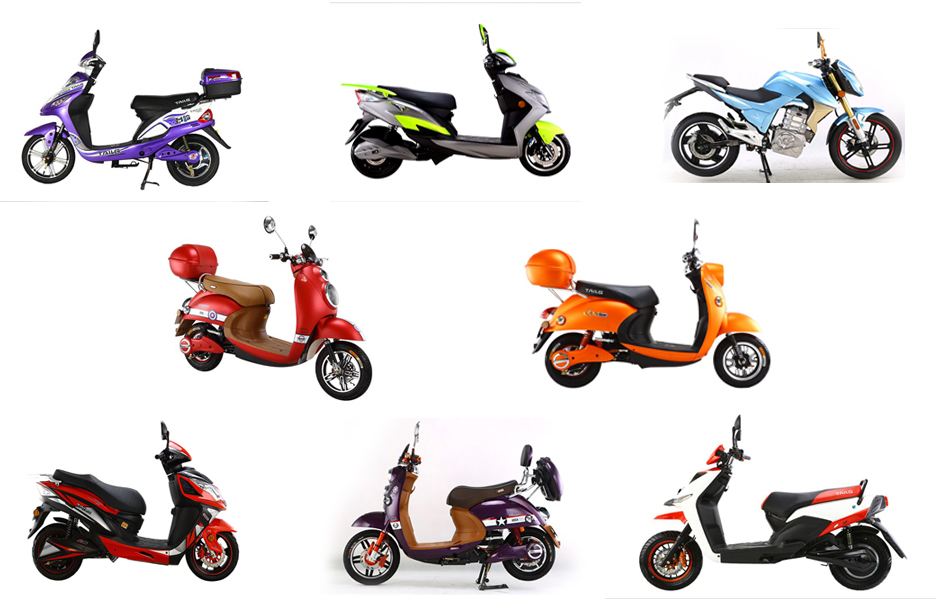
CUBA STANDARD — The Miami-based auto dealer who has been offering Nissan Leaf electric vehicles to expats in Cuba, is expanding into e-bikes and electric scooters.
Even though John Felder’s Premier Automotive Export Ltd. — the first U.S. business since the Cuban Revolution that was granted U.S. approval to export vehicles to the island in 2017 — has only sold one Nissan Leaf so far, it recently had its Department of Commerce license amended to include electric bikes and scooters.
Meanwhile, Felder’s Cayman Automotive Leasing received approval from Cuban authorities to open an office in Havana, which will market, sell and service e-bikes and scooters.
Felder is offering the complete line of Chinese-made Top Rank Gear electric scooters, with delivery anywhere in Cuba. He says he has already received the first two orders for e-bikes and scooters.

Premier Automotive Export Ltd. is the authorized Top Rank Gear dealer for the Caribbean, according to Felder, and buyers will soon be able to order and purchase Top Rank Gear products through his company’s website. As to shipping to Cuba, Premier made an arrangement with CubaPack, a Miami-based company that offers an online catalog of appliances and other goods typically ordered by people in Cuba and paid by relatives abroad.
“We have signed an agreement with CubaPack to clear our merchandise once products arrive in Cuba,” he said.
Responding to concerns regarding maintenance and spare parts for the vehicles, Felder says the e-bikes and scooters will come with a 12-month or 12,000 mile warranty. Also, his company is training Cuban technicians who will support customers in Cuba.
“Service support is very crucial to our business plan,” he said.
E-scooters have been in demand in Cuba recently, with thousands of imports per year. State company Ciclos Minerva began assembly of Top Rank Gear-designed LT 1060-model electric scooters, with 5,600 scooters produced in Villa Clara in 2017 and plans to ramp up to 30,000 per year. The Cuban-made vehicles are sold through hard-currency stores in the island at prices between CUC 1,200-1,260 (convertible pesos, parity with the U.S. dollar).
Even so, Felder says he can compete, with his scooters being shipped from Hong Kong to Miami, and on to Cuba.
“This is the best shipping route and less expensive,” he said.
Beyond the actual vehicles, demand for parts is rising rapidly in Cuba. Already — the lead-acid batteries that come with the Cuban-assembled scooters have an average life span of only two years — buyers of scooters in Cuba are complaining they can’t find replacement batteries at affordable prices. The state company says it has plans to order $4 million worth of replacement parts, including batteries, but the country’s cash crunch has impeded this purchase so far.
Felder’s company will offer longer-lasting lithium-ion batteries as a replacement for depleted lead-acid batteries used in e-bikes and scooters.
“None of the bikes currently on sale offer warranties or lithium-ion batteries, which is serious issue now in Cuba as no one can get replacement batteries,” Felder said.
Meanwhile, Premier continues to offer electric cars to a target market of 124 embassies in Havana and their expat personnel, which could generate $1.2 million to $1.5 million in sales, he hopes.

